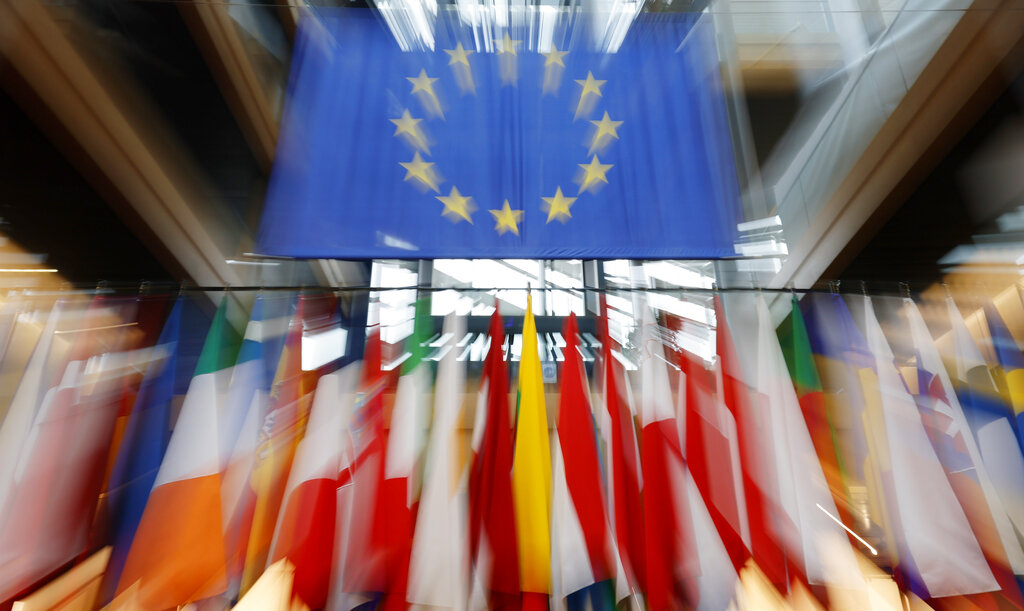There has been much talk inside the European Union that the time has come to finally abandon the veto rights of national states and embrace majority rule. In other words, the EU should abandon the traditional principle of unanimity in the decision-making process for the bloc’s most important decisions.
It seems a straightforward enough calculation. In a body made up of so many states, unanimity can be very hard to achieve and therefore decisions should be taken on the principle of majority rule.
The problem with such reasoning is that it would inevitably mean some states losing votes and being forced into actions they would not want to take. Should they not swallow this for the sake of the community being more effective? This is indeed the direction the EU is traveling in, where more and more decisions are taken by qualified majorities, with unanimity reserved only for areas such as foreign policy or security seen as essential for the maintenance of sovereignty.
However, today in the light of the energy crisis and war in Ukraine, there is pressure from above that in order for the union to be more effective, member states should also be willing to surrender their full sovereignty.
The principle of unanimity is an expression of limited trust of states to each other over matters of security and foreign policy and may be needed to maintain unity between them, but some will argue that in cases such as imposing sanctions on Russia, one state should not be able to block the whole process.
Yet, the very process of majority decision-making could lead to disintegration of the community which certainly would not make it more effective. It’s worth remembering how in 2015, Germany forcing through a vote on the compulsory relocation of refugees led to very deep divisions in the union that still exist today.
The EU requires the principle of unanimity to be preserved in selected areas. It may be a harder way of reaching decisions, but it remains essential in order to preserve that essential ingredient for the union’s survival: unity.





